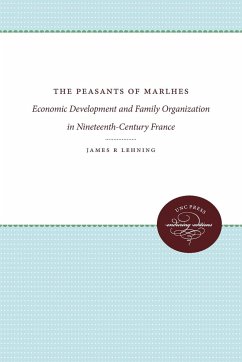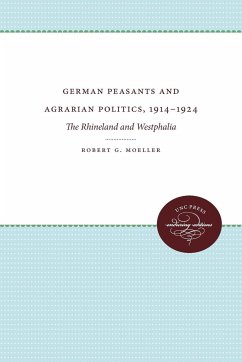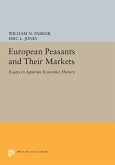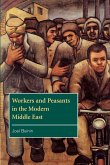Lehning finds that economic development in Marlhes did not destroy its peasantry. Rather, the peasants adjusted to the commercial forces of the industrial world by adapting traditional forms of behavior and attitudes toward the new conditions, not abandoning old ways and adopting unfamiliar ones. In fact, the peasant family was a remarkably flexible unit, adapting patterns of family behavior to the impact of industry, market agriculture, and heavy rural-urban migration. Originally published in 1980. A UNC Press Enduring Edition -- UNC Press Enduring Editions use the latest in digital technology to make available again books from our distinguished backlist that were previously out of print. These editions are published unaltered from the original, and are presented in affordable paperback formats, bringing readers both historical and cultural value.
Hinweis: Dieser Artikel kann nur an eine deutsche Lieferadresse ausgeliefert werden.
Hinweis: Dieser Artikel kann nur an eine deutsche Lieferadresse ausgeliefert werden.








